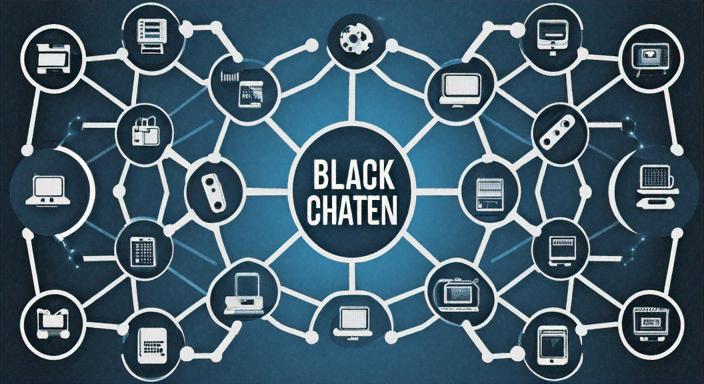The impact of blockchain technology, which first gained prominence through cryptocurrencies such as Bitcoin, has permeated numerous sectors. Its ability to enhance data security and transparency has piqued considerable interest in areas ranging from supply chain management to healthcare. Consequently, a variety of blockchain courses are being offered by educational institutions and online platforms. This article explores the diverse types of blockchain courses, their advantages, and the myriad opportunities they offer.

Grasping Blockchain Technology
A decentralized ledger that documents transactions across numerous computers, blockchain ensures data security, transparency, and immutability due to its decentralized nature. For those aiming to venture into this domain, comprehending the fundamental principles of blockchain is essential. Introductory courses generally encompass topics like:
-
Blockchain Fundamentals: An overview of blockchain technology, its historical background, and its essential components.
-
Cryptographic Methods: An exploration of the cryptographic techniques that safeguard blockchain transactions.
-
Decentralized Networks: The principles of decentralized networks and their benefits over conventional centralized systems.
Varieties of Blockchain Courses
Online Courses and Massive Open Online Courses (MOOCs)
MOOCs present a versatile and accessible means to learn about blockchain technology. Platforms such as Coursera, edX, and Udemy offer extensive courses catering to various proficiency levels, from novice to expert. Notable instances include:
-
“Blockchain Essentials” on Coursera: An introductory course providing a comprehensive understanding of blockchain technology, led by industry professionals.
-
“Fundamentals of Blockchain” on edX: This course delves into the core concepts of blockchain, including its applications and potential obstacles.
University Curricula
Numerous esteemed universities now provide specialized programs in blockchain technology. These programs typically offer a more profound and thorough education, merging theoretical insights with practical implementation. Illustrative examples include:
-
MIT’s Digital Currency Initiative: A research initiative dedicated to the evolution and deployment of blockchain technologies.
-
Stanford’s Center for Blockchain Research: Features courses and seminars on blockchain and cryptocurrency, striving to elevate the comprehension of blockchain technology via research and education.
Credential Programs
Credential programs are tailored for professionals seeking to authenticate their blockchain proficiency. These programs generally necessitate passing a stringent examination and demonstrate a superior level of expertise. Some distinguished certifications include:
-
Certified Blockchain Expert (CBE): Provided by the Blockchain Council, this certification addresses advanced blockchain concepts and applications.
-
Certified Blockchain Professional (CBP): Offered by the EC-Council, this program emphasizes the practical application of blockchain technology across various industries.
Advantages of Blockchain Courses
Enrolling in blockchain courses provides several benefits:
-
Skill Augmentation: Acquiring an in-depth understanding of blockchain technology can bolster your skill set and enhance your competitiveness in the job market.
-
Career Prospects: Given the escalating demand for blockchain professionals, completing a blockchain course can unveil various career avenues such as blockchain developer, consultant, or analyst.
-
Sector Insights: Blockchain courses frequently incorporate case studies and real-world applications, offering perspectives on how blockchain is being utilized across different industries.
Prospects in the Blockchain Sector
The blockchain industry is swiftly expanding, presenting numerous opportunities for professionals. Some pivotal areas where blockchain expertise is sought after include:
-
Financial Services: Blockchain is transforming the financial sector by facilitating secure and transparent transactions, mitigating fraud, and enhancing efficiency.
-
Supply Chain Oversight: Blockchain technology augments supply chain transparency, traceability, and efficiency, rendering it a valuable tool for logistics and manufacturing enterprises.
-
Healthcare Sector: Blockchain’s capacity to secure patient data and streamline healthcare processes is revolutionizing the healthcare industry.
Final Thoughts
The spectrum of blockchain courses is extensive and diverse, catering to everyone from novices to experienced professionals. Whether you opt for an online course, a university program, or a certification, the acquired knowledge and skills will be indispensable in the dynamic realm of blockchain technology. By investing in blockchain education today, you are paving the way for a future replete with innovation and prospects.





